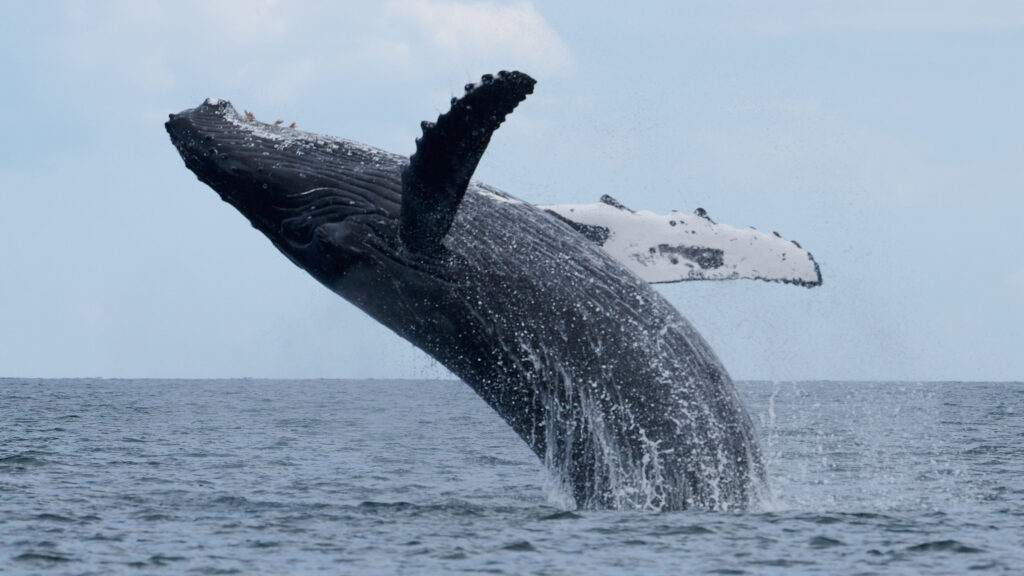By Karla Santoyo and Raghuram Reddy
Last year, a beloved orca named Lolita passed away after five decades in captivity at the Miami Seaquarium. Lolita’s death sparked conversations about the harms inflicted by capturing these magnificent creatures. But few noted the much greater threats to Lolita’s counterparts in the wild — and, by extension, to all of us.
On land and sea, the planet is overheating. Last summer was the hottest on record in Miami; ocean temperatures off the Florida coast topped an astonishing 100 degrees. As temperatures rise, there is a growing imperative to reduce emissions to mitigate climate change impacts.
In the intricate balance of Earth’s climate system, the oceans emerge as vital player. Comprising 71% of the Earth’s surface, the oceans absorb 90% of the surplus heat generated by greenhouse gas emissions and sequester approximately 37 billion metric tons of CO2. How do the oceans accomplish this feat? By providing a home for lots of microscopic phytoplankton.

Through photosynthesis, phytoplankton absorb CO2 from the atmosphere and convert it into organic carbon, thus reducing greenhouse gases. To increase the number of phytoplankton, we turn to one of the largest animals in the ocean, the whale.
Whales feed in the deep ocean, then surface to defecate, releasing nutrients like nitrogen, iron and phosphorus that serve as food for phytoplankton. And, when whales die, they take large amounts of carbon back to the deep ocean, effectively removing climate-changing greenhouse gases from the atmosphere for long periods. This system is known as the “whale pump” or the “whale conveyor belt.”

Sadly, whales, and the important climate-regulating services they provide, are under threat. From entanglement in fishing gear to vessel strikes and ocean noise, some species (including the North American right whale) are in danger of extinction.
For example, noises from shipping vessels and other craft disorient the animals, preventing them from finding food and mates, which decreases their chance of survival. There are currently no international standards to regulate noise in the ocean.
Losing Lolita was sad, but losing wild whales — and their benefits for the climate — means a hotter, more dangerous planet. In addition to deadly storms, droughts and wildfire, climate change poses enormous threats to human health. Rising temperatures have been linked to respiratory and cardiovascular diseases, vector- and tick-borne illnesses, fungal infections and more. Climate change can indirectly impact health through its effects on agricultural productivity and food security, air quality and risks to health care infrastructure.

By understanding the role of whales in mitigating climate change, we can become informed advocates for ecosystem conservation. Whether it is through spreading knowledge or advocating for policies that protect biodiversity, let us speak up and make a difference. At the same time, we can actively fight climate change by planting trees, riding bikes, reducing food waste, using energy-friendly household appliances and voting for candidates who support green energy initiatives.
We urge health care providers to help address these challenges, by spreading the word among physicians, promoting climate-resilient health care practices and providing care to communities affected by climate-related health threats. After all, a healthy planet benefits not just the whales, but all of us. Let’s be the change.
Karla Santoyo and Raghuram Reddy are both second-year medical students at Florida International University’s Herbert Wertheim College of Medicine. The views represented in this opinion piece are their own and do represent the views of their institutions.
Sign up for The Invading Sea newsletter by visiting here. If you are interested in submitting an opinion piece to The Invading Sea, email Editor Nathan Crabbe at ncrabbe@fau.edu.



